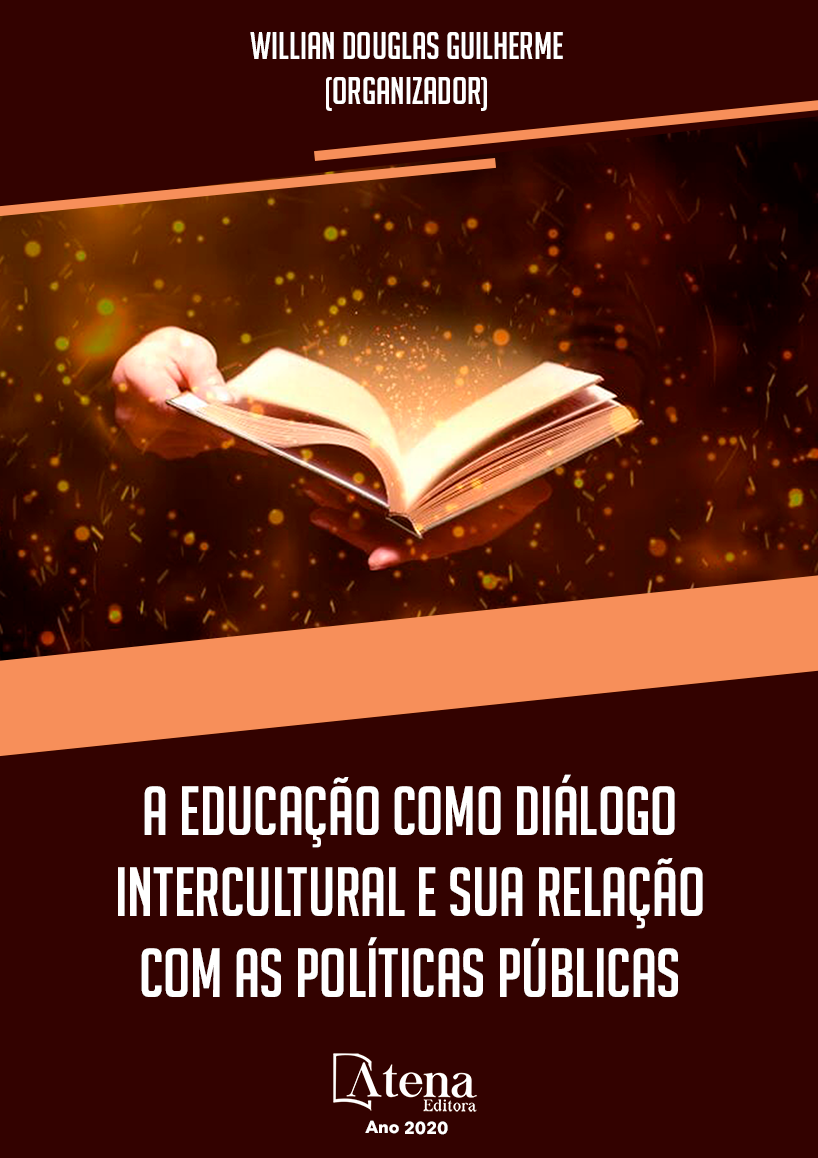
O “JEITINHO” PARA ACABAR COM A CORRUPÇÃO: #HONESTIDADE
O artigo apresenta o resultado do
trabalho desenvolvido com alunos do 5º ano
do Ensino Fundamental de uma escola pública
na região metropolitana de Curitiba sobre o uso
metodológico do jornal impresso e digital em
sala de aula acerca do tema corrupção. Teve
início a partir de comentários que as crianças
faziam em sala de aula sobre a situação do
país na época e o mais interessante era a forma
como se referiam aos políticos, sempre como
corruptos. Isso acontecia todos os dias, enquanto
conversavam sobre notícias apresentadas na
televisão. Inicialmente passavam despercebidos
pela professora, que tinha a preocupação em
dar conta dos conteúdos curriculares previstos
para o bimestre, acreditava que era um tanto
complicado falar sobre corrupção e política em
sala de aula, por pensar que os alunos ainda
fossem imaturos. No entanto, não foi possível
fugir da realidade trazida para a escola,
pois, além de ensinar ler e escrever a escola
precisa ensinar seus alunos a expressar suas
ideias, emitir e argumentar suas opiniões.
Conforme defende Freire, (1991): “não basta
saber ler que Eva viu a uva”. Foi necessário
repensar a prática e planejar atividades, a
partir das quais foram exploradas matérias
publicadas em jornais digitais e impressos,
fazendo interdisciplinaridade e estabelecendo
importantes parcerias com órgãos como o fórum,
onde as crianças puderam ter contato direto
com a juíza, o promotor e ter esclarecimentos
sobre o que é a corrupção, além de pesquisas
na internet. Os resultados do trabalho foram
compartilhados com a comunidade com o
objetivo de integrar a família e valorizar o
aprendizado dos alunos.
O “JEITINHO” PARA ACABAR COM A CORRUPÇÃO: #HONESTIDADE
-
DOI: 10.22533/at.ed.5842019036
-
Palavras-chave: Tecnologias educacionais; corrupção; jornal; interdisciplinaridade; aprendizagem significativa.
-
Keywords: Educational technologies; corruption; newspaper; interdisciplinarity; learning.
-
Abstract:
The article presents the results
of a group work developed, in class, by 5th
grade students of theprimary public school in
the metropolitan region of Curitiba. The subject
in matter is about the methodological use of
the printed and digital newspaper around public corruption. It all started from casual
commentary that children made about the political situation of the country (Brasil) at the
time. And the mos tinteresting thing was the pejorative way they referred to politicians,
always attributing them ascorrupted; this happened every day when the students talked
about the News they sawon television. Initially it went unnoticed by the teacher, who
was already occupied teaching all the curricular contents for the two-month period.
The teacher believed that it was a bit complicated talking about corruption and politics
in classroom, since he thought the students were still a littleimmature to have political
opinions. However, it was not possible to escape the reality brought to school by the
country’s political situation. In addition to teaching reading and writing, the school must
teach its students to express their ideas, expose and debate their opinions. As the
educator and philosopher Paulo Freire said: “It is not enough to know that Eve saw
the grape.” It was necessary torethink the practice and plan activities. From there we
analyzed digital articles and printed newspapers, focusing in interdisciplinary contents
and establishing important partnerships with public organizations such as the local
Forum, where the children could have direct contact with a judge, prosecutor and have
a better interpretation of what corruption really is. We shared the conclusions with the
community intendingto blend family values with the students education.
-
Número de páginas: 15
- Expedita Estevão da Silva
- EXPEDITA ESTEVÃO DA SILVA


